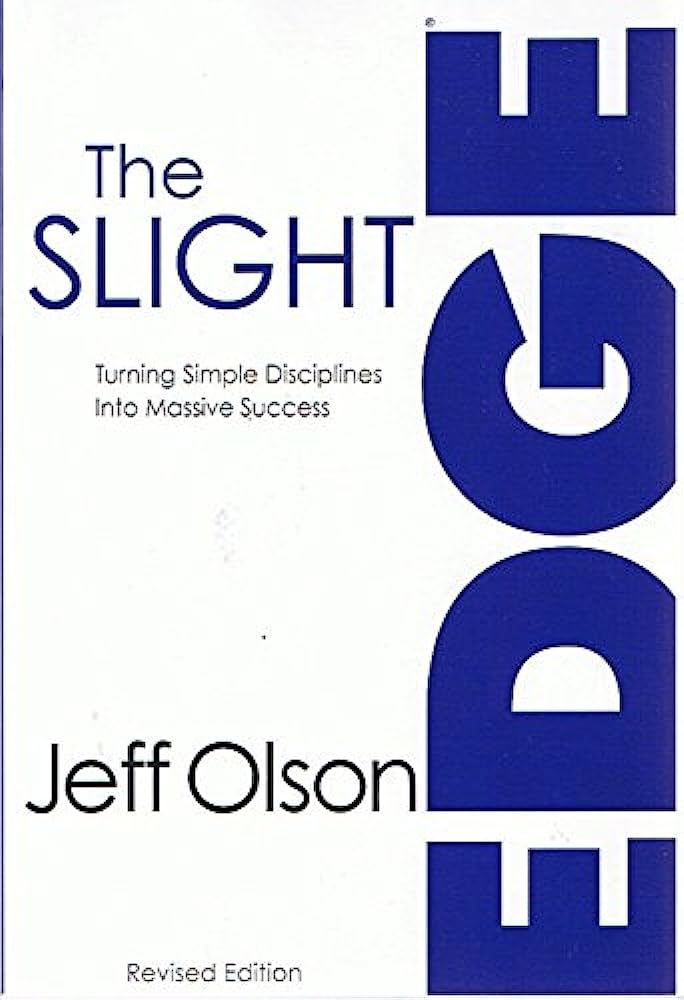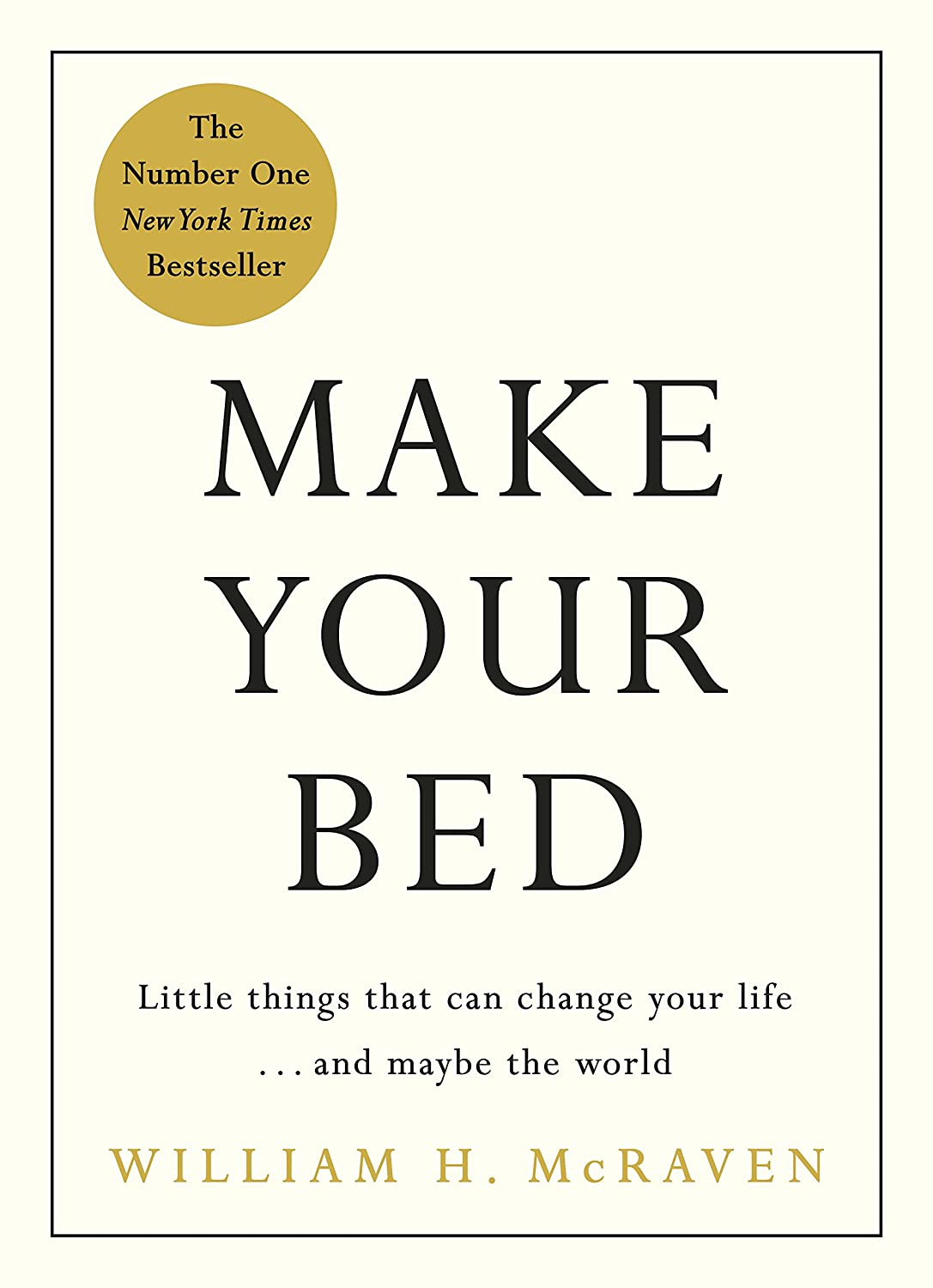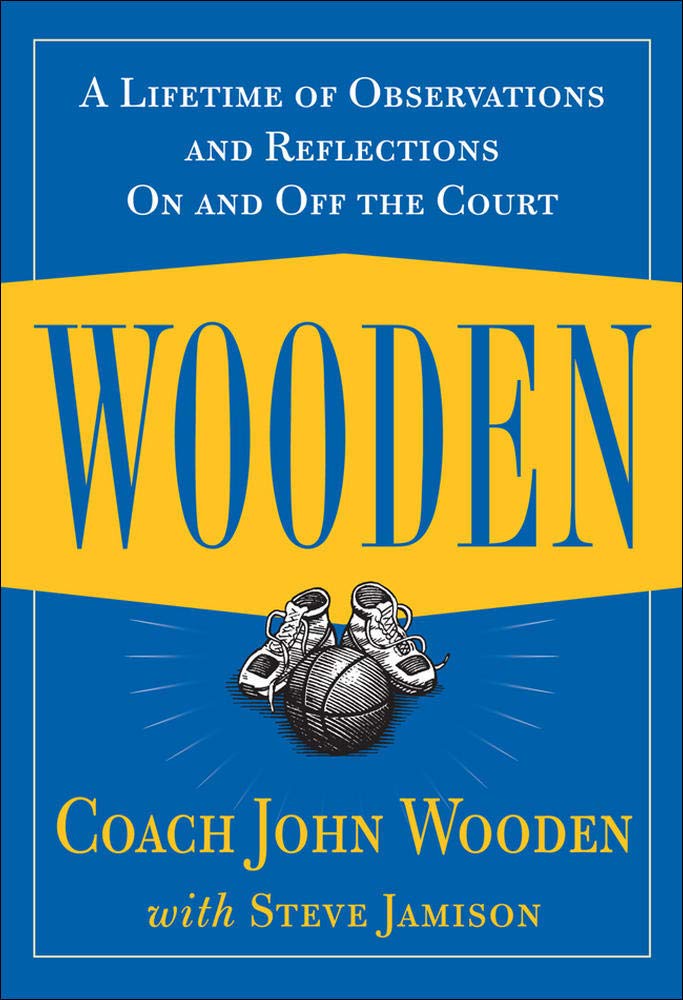Author Jim Rohn often said, ” The things that are easy to do are also easy not to do. That’s the difference between success and failure, between daydreams and ambitions. Success is nothing more than a few simple disciplines, practiced daily, while failure is simply a few errors in judgment, repeated daily.” I believe Rohn is very right, as the seemingly boring and mundane things in our life that look simple are also the hardest to do. Reading a chapter of a book daily is easy, but it is hard to sit down and read it. Going to the gym for at least 30 minutes a day is easy, but it is hard because we don’t see the result immediately; hence, most of us give up on our fitness goals. It is easy to tell your family and friends you love them, but it is hard to do because you don’t want them to read the meaning of it.
Success is nothing more than a few simple disciplines, practiced every day, while failure is simply a few errors in judgment, repeated every day.
Motivational speaker Les Brown noted, “If You Do What is Easy, Your Life Will Be Hard. But if You Do What is Hard, Your Life Will Be Easy.” Easy choices, Hard Life; Hard choices, Easy Life. Mastering the Mundane is one of the hallmarks of highly successful people; they sweat the details, have the end in mind, execute relentlessly and get things done. The word Mundane came originally from the Latin mundus, meaning ordinary. Mundane is synonymous with a regimen, a routine; Hungarian-American Mihaly Csikszentmihalyi calls it “Flow”; others call it focusing on the fundamentals.
A routine is a habitual or mechanical performance of an established procedure. In computer parlance, a routine is a sequence of computer instructions for performing a particular task. 1 The word routine is etymologically derived from two words route + one from the french routine “usual course of action, beaten path”, from route “way, path, course” + noun suffix -ine. 2

“Everything you need to do to transform your life is easy to do. It’s easy to become healthy, fit and vibrant. It’s easy to become financially independent. It’s easy to have a happy family and a life rich with meaningful friendships. It’s just a matter of mastering the mundane—of repeating simple little disciplines that, done consistently over time, will add up to the very biggest accomplishments.” 3
The Mundanity of Excellence
In a study of competitive swimmers titled “The Mundanity of Excellence: An ethnographic report on stratification and Olympic swimmers” 4 Sociologist Dan Chambliss observed that:
“Superlative performance is really a confluence of dozens of small skills or activities, each one learned or stumbled upon, which have been carefully drilled into habit and then are fitted together in a synthesized whole. There is nothing extraordinary or superhuman in any one of those actions; only the fact that they are done consistently and correctly, and all together, produce excellence.”

In his 2014 University of Texas Commencement Speech 5, Four-star retired United States Admiral William H McRaven advised the graduating students to lay their beds. Engaging in this small activity changes as a significant impact on other areas of life. He noted:
Every morning in basic SEAL training, my instructors, who at the time were all Vietnam veterans, would show up in my barracks room and the first thing they would inspect was your bed. If you did it right, the corners would be square, the covers pulled tight, the pillow centered just under the headboard and the extra blanket folded neatly at the foot of the rack — that’s Navy talk for bed.
It was a simple task — mundane at best. But every morning we were required to make our bed to perfection. It seemed a little ridiculous at the time, particularly in light of the fact that were aspiring to be real warriors, tough battle-hardened SEALs, but the wisdom of this simple act has been proven to me many times over.
If you make your bed every morning you will have accomplished the first task of the day. It will give you a small sense of pride, and it will encourage you to do another task and another and another. By the end of the day, that one task completed will have turned into many tasks completed. Making your bed will also reinforce the fact that little things in life matter. If you can’t do the little things right, you will never do the big things right.
U.S. Senator Dan Coats once said,
“Character cannot be summoned at the moment of crisis if it has been squandered by years of compromise and rationalization. The only testing ground for the heroic is the mundane. The only preparation for that one profound decision which can change a life, or even a nation, is those hundreds of half-conscious, self-defining, seemingly insignificant decisions made in private. Habit is the daily battleground of character. Habit is the daily battleground of character.”
The Mundane 6
When we start our career or an exciting project, everything is new. We throw ourselves into the work with full vigor, because we know that we need to prove our worth to our manager or clients. In some ways, it’s like a new dating relationship.
We put our best foot forward because we want to win the respect and approval of our potential partner. However, over time familiarity sets in and some of the aspects that once seemed new and exciting become predictable and mundane. The tasks we perform no longer stretch us, and some of them we can even do on autopilot. We’ve lost the thrill of the challenge.
Microshifts 7
You don’t change in breakthroughs; you change in micro-shifts
If you’re stuck in life, it’s probably because you’re waiting for the big bang, the breakthrough moment in which all your fears dissolve and you’re overcome with clarity. The work that needs to happen happens effortlessly. Your personal transformation rips you from complacency, and you wake up to an entirely new existence.
Breakthroughs are what happen after hours, days, and years of the same mundane, monotonous work.

John Wooden is often regarded as one of the most successful National Collegiate Athletic Association (NCAA) coaches of all time, with ten championships won in his 12 years reign as the head coach of the UCLA Bruins. In his book, Wooden: A Lifetime of Observations and Reflections On and Off the Court 8, Coach John Wooden remarked:
“I believe in the basics: attention to, and perfection of, tiny details that might commonly be overlooked. They may seem trivial, perhaps even laughable to those who don’t understand, but they aren’t. They are fundamental to your progress in basketball, business, and life. They are the difference between champions and near champions.”
For example, at the first squad meeting each season, held two weeks before our first actual practice, I personally demonstrated how I wanted players to put on their socks each and every time: Carefully roll the socks down over the toes, ball of the foot, arch, and around the heel, then pull the sock up snug so there will be no wrinkles of any kind.
I would then have the players carefully check with their fingers for any folds or creases in the sock, starting at the toes and sliding the hand along the side of and under the foot, smoothing the sock out as the fingers passed over it. I paid special attention to the heel because that is where wrinkles are most likely.
I would watch as the player smoothed the sock under and along the back of the heel. I wanted it done conscientiously, not quickly or casually. I wanted absolutely no folds, wrinkles, or creases of any kind on the sock. Then we would proceed to the other foot and do the same. I would demonstrate for the players and then have the players demonstrate for me.
This may seem like a nuisance, trivial, but I had a very practical reason for being meticulous about this. Wrinkles, folds, and creases can cause blisters. Blisters interfere with performance during practice and games. Since there was a way to reduce blisters, something the player and I could control, it was our responsibility to do it. Otherwise we would not be doing everything possible to prepare in the best way.
Meditation
- Daily Calm with Tamara Levitt – Witness
- In this fascinating experience of being human, we are awareness. One of the functions of meditation is to connect with this awareness. To observe our experience without identifying with it.
- Instead of saying “I am angry” say, “I am observing anger”. You are not what you are feeling, you are just a witness to it.
- ‘Life is a dance. Mindfulness is witnessing that dance.’ – Amit Ray
Daily Jay with Jay Shetty – Pattern Interrupt
- Detours always change the path, but they don’t have to be disruptions. “When one door of happiness closes, another opens; but often we look so long at the closed door that we do not see the one which has been opened for us.” – Hellen Keller.
Podcast
- The LEGENDARY Troy Aikman – How he stays on TOP of his GAME
- Troy Aikman’s journey from UCLA to the Dallas Cowboys, where he became a 3-time Super Bowl champion and a member of the Hall of Fame. As a Fox Sports and Monday Night Football analyst, as well as a successful entrepreneur with his own beer brand, Troy brings a wealth of knowledge and experience to the table.
All the best in your quest to get better. Don’t Settle: Live with Passion.



Comments are closed.